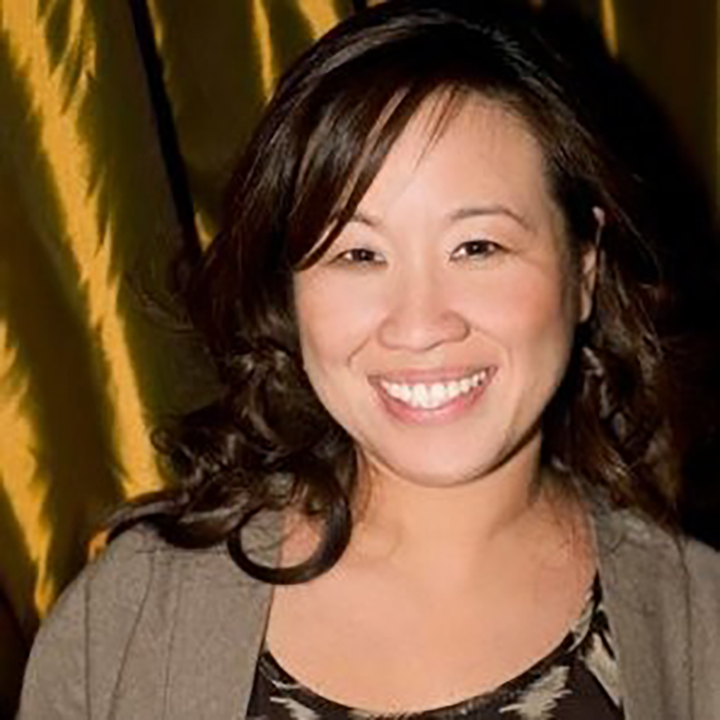
- Industry
Ellen Huang on AAPI Representation in Hollywood at Alliance of Women Directors Panel
Involved in the entertainment business since finishing her film degree at USC, Ellen Huang has proved to be one of the most visionary advocates for diversity and inclusion in media. Following work as a development executive and as a founder of the first-ever diversity lounge at the annual Sundance Film Festival, Ellen currently occupies the seat of VP of Diversity at Entertainment One.
From acclaimed indie films to blockbuster franchises, Ellen Huang has used her many platforms to promote several diverse stories and voices. Ahead of her participation in the Alliance of Women Directors panel during AAPI month, Huang agreed to an interview over Zoom.
Why do you think it’s important to have a dedicated month to celebrate AAPI heritage?
It gives the representation issue the attention it needs so that the work can continue to be done and the results relevant.
How would you assess the level of success AAPI representation has achieved, currently, in Hollywood?
One of the things I talk about when it comes to diversity and representation is that we need to have sustainability. If this was a year without Everything Everywhere All at Once AAPI representation would drop. Let’s remember The Joy Luck Club. The next movie we have, with an all-Asian cast, is Crazy Rich Asians – 25 years later. That’s not sustainability. There have to be more movies in between.
Also, we still need to break the leading category. We shouldn’t have to wait for Lucy Liu, Awkwafina, or Michelle Yeoh to take on a project as a lead. I would love to see more AAPI leads. That’s a ceiling we have not crashed yet. Who is the leading Asian man that could greenlight a movie?
What initiatives or efforts have you seen that have been particularly effective in promoting different representations in media?
Film schools are having grants for diverse students. Studios have diversity programs. There are tax incentives. Also, the death of George Floyd was a wake-up call. It took something socially massive to realign all of us in the same direction. The conversation opened up.
Lately, people feel they can bring the untold stories to the negotiation table. Before, Asian American executives were afraid to talk about stories that featured their ethnicity. It felt as if they were drawing too much attention to themselves. This has changed.
Can you think of an example?
Beef, on Netflix. For the first time, we are hearing about the American part of being Asian. This is one of the biggest changes I have seen. In the past, Jet Li and Jackie Chan were the leads. However, they were foreign imports. Beef changed the game. I had never seen Koreans in church. To see the depiction of Asians integrated in American Society is astonishing. It’s a breakthrough.
As someone who works in the entertainment industry, how do you think Hollywood can do a better job of promoting AAPI inclusion?
The work is being done. We are getting there fast. We are in a transition to change what’s the norm. It will never go back. Imagine watching Friends and saying… “oh that’s fine!”. We changed the sensibilities of everybody. We just need to get to a place that is sustainable.

